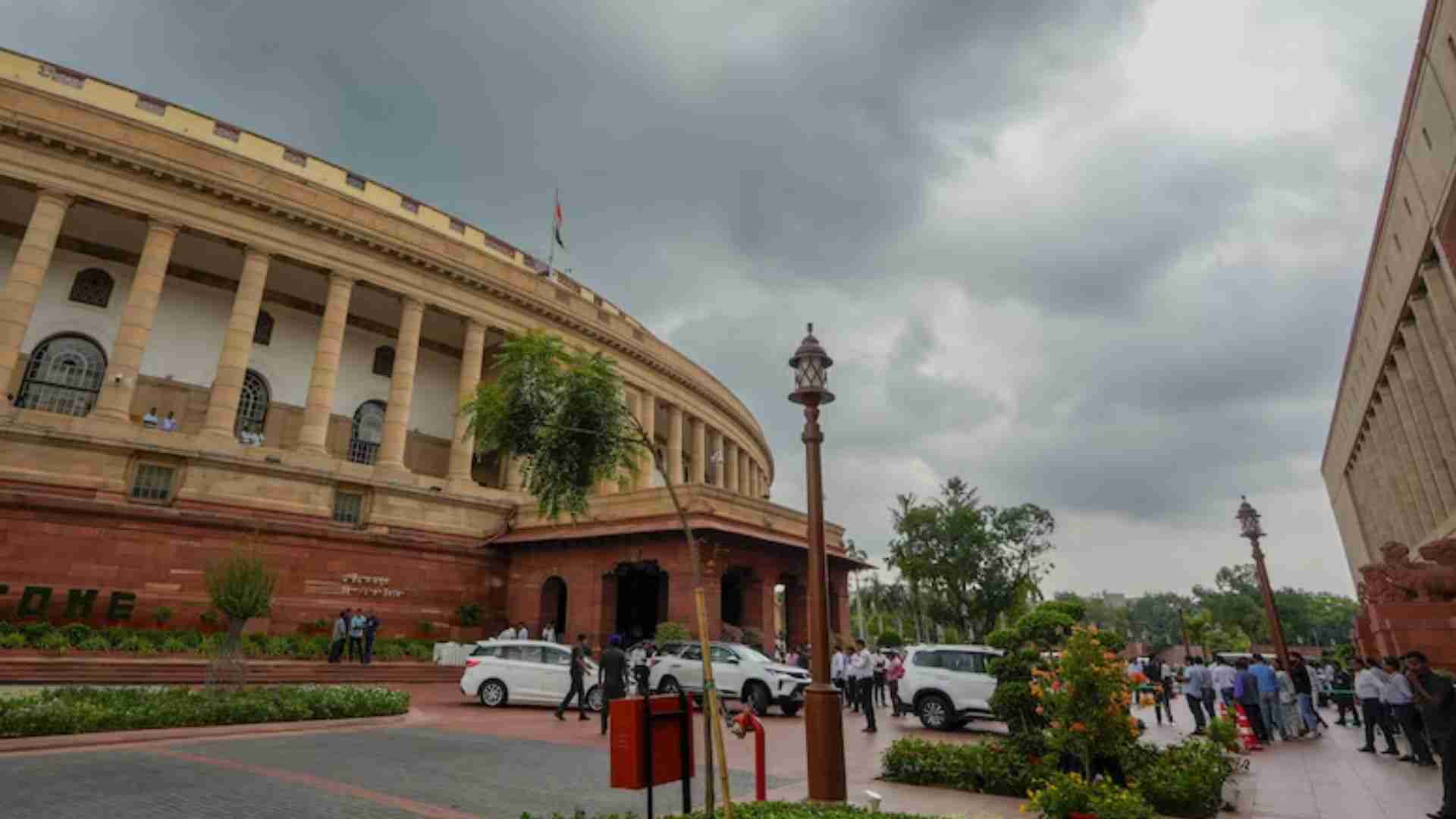The BJP-led government plans to introduce the Waqf (Amendment) Bill, 2024 in the Lok Sabha on Thursday, aiming to revise the Waqf Act of 1995. The bill intends to “effectively address issues” concerning the authority of State Waqf Boards, the registration and survey of waqf properties, and the removal of encroachments. Minority Affairs Minister Kiren Rijiju will present the Waqf (Amendment) Bill, 2024 in the Lok Sabha on Thursday.
The government has decided to withdraw the Waqf Properties (Eviction of Unauthorised Occupants) Bill, 2014, which was introduced in the Rajya Sabha in February 2014 under the Congress-led UPA government. The bill, scheduled for withdrawal from the Rajya Sabha on Thursday, pertains to the eviction of unauthorised occupants from waqf properties.
In addition to introducing the Waqf (Amendment) Bill, 2024, Rijiju will also present The Mussalman Wakf (Repeal) Bill, 2024, which aims to repeal the Mussalman Wakf Act of 1923. The Waqf (Amendment) Bill, 2024 proposes renaming the Waqf Act, 1995 to the Unified Waqf Management, Empowerment, Efficiency, and Development Act, 1995.
Key provisions of the Bill
The bill aims to define “waqf” as property held by individuals practicing Islam for at least five years and who have ownership of the property. It also seeks to ensure that establishing Waqf-alal-aulad does not exclude women from inheritance rights. Additionally, the bill proposes eliminating provisions related to “waqf by user,” transferring the responsibilities of the Survey Commissioner to the Collector or a designated officer of Deputy Collector rank for surveying waqf properties. It also calls for a more inclusive composition of the Central Waqf Council and State Waqf Boards, ensuring representation of both, Muslim women and non-Muslims.
The bill, as outlined in the statement of objects and reasons, aims to establish separate Boards of Auqaf for Boharas and Aghakhanis. It also seeks to ensure representation for Shia, Sunni, Bohra, Agakhani, and other marginalised groups within the Muslim communities. Additionally, the bill proposes streamlining waqf registration through a central portal and database and introduces a detailed process for property mutation according to revenue laws, including giving proper notice to all relevant parties before officially designating any property as waqf.
The bill aims to remove Section 40, which grants the Board the authority to determine whether a property is classified as waqf. It also proposes that mutawallis file waqf accounts with the Board via a central portal to enhance oversight of their activities. The bill includes plans to reform the Tribunal by reducing its membership to two members and allows for appeals against Tribunal decisions to be taken to the High Court within ninety days. According to sources, the Business Advisory Committee has decided that the Waqf Amendment Bill will be introduced in the Lok Sabha on Thursday. Opposition parties are advocating for the bill to be reviewed by the standing committee.










